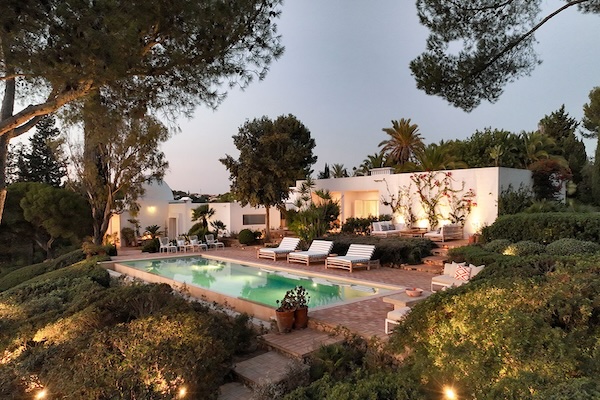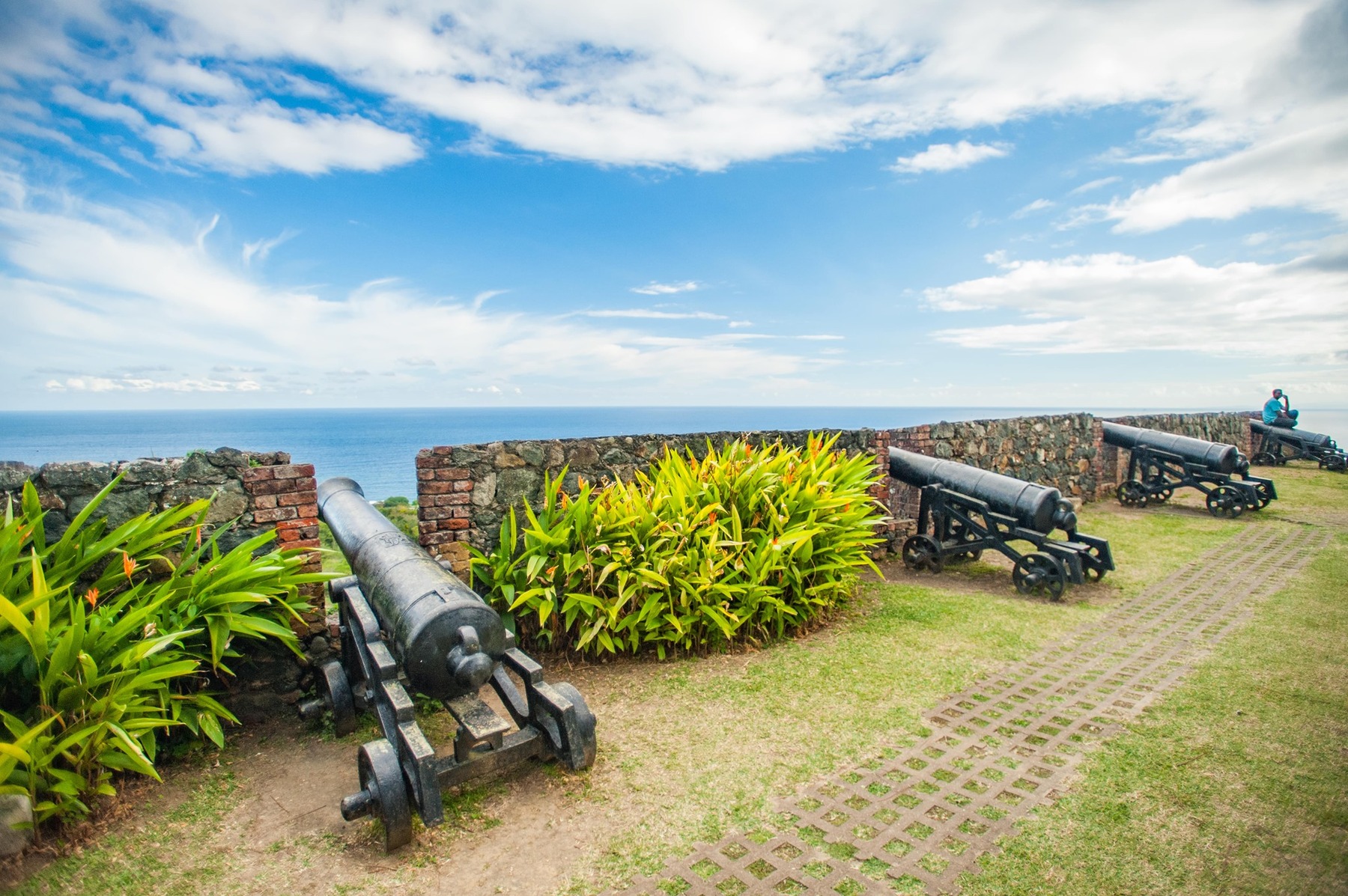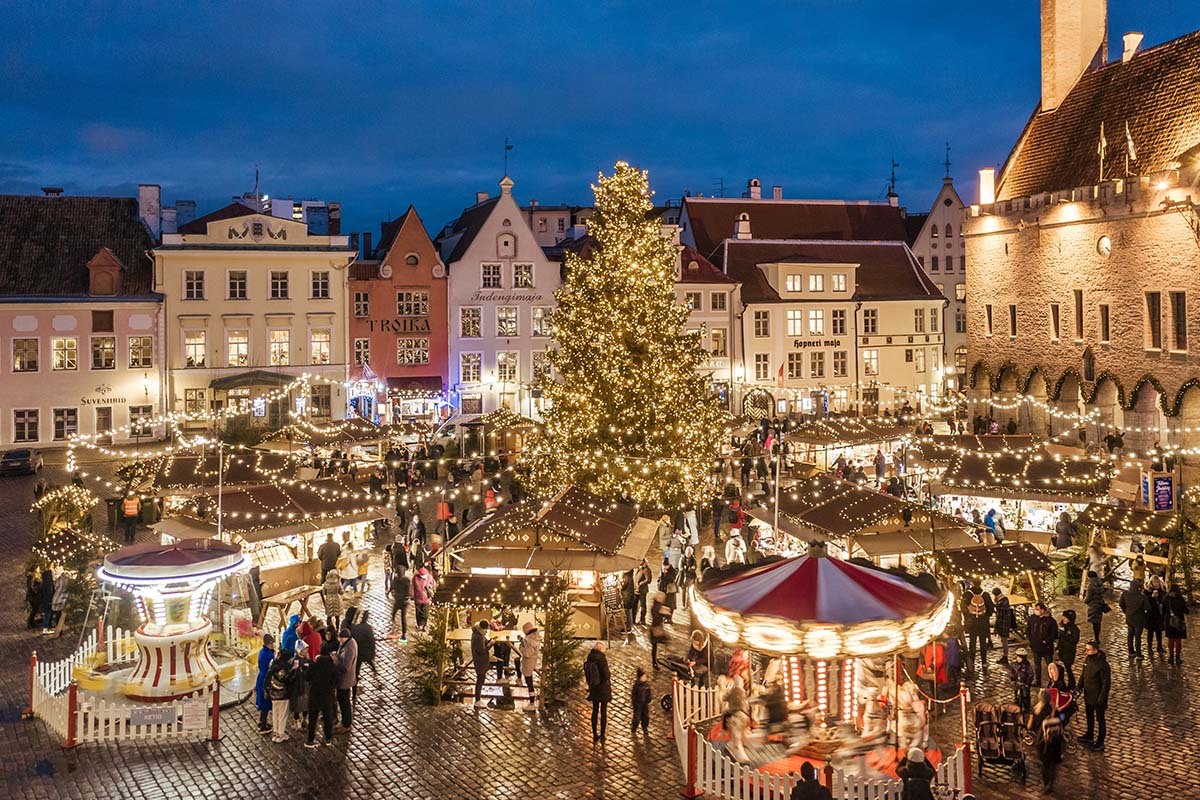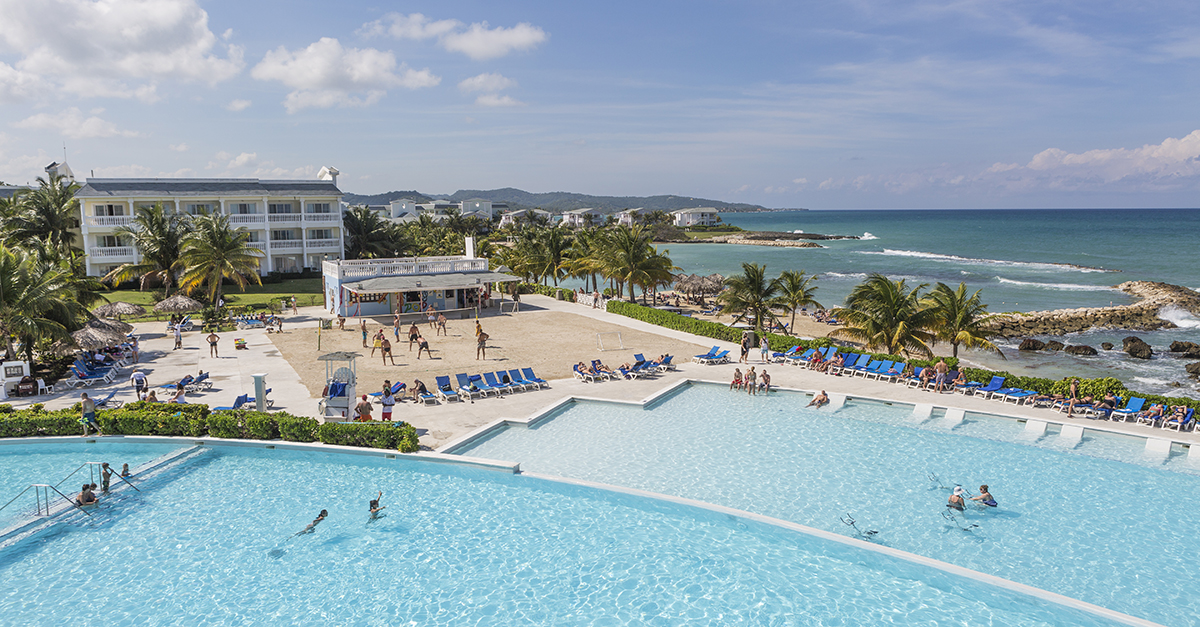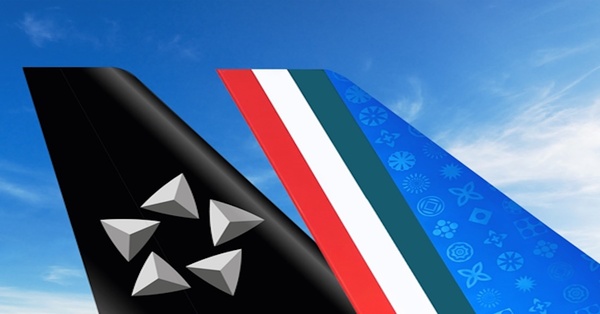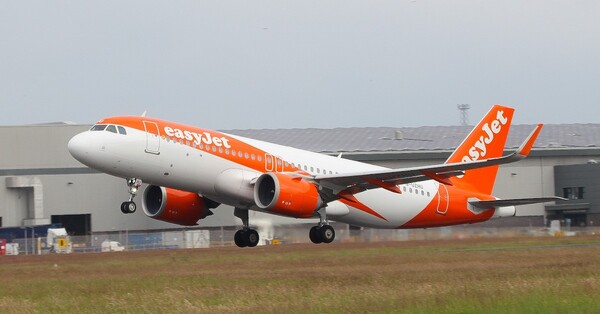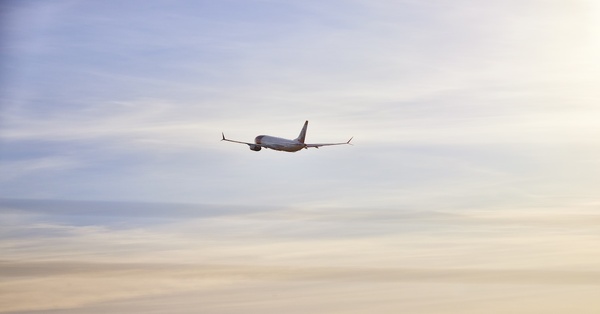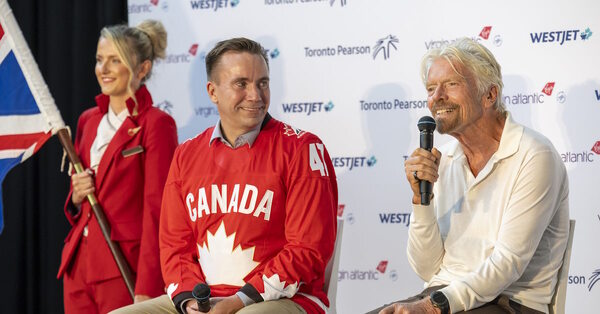You are viewing 1 of your 2 free articles
‘Brexit could send aviation back to the 1970s’ says Monarch chief
An end to the open skies arrangement after Brexit could sound a return to 1970s conditions for the aviation industry, Monarch's chief executive has said.
Andrew Swaffield told and Abta Travel Law event that higher fares, less choice and a return to air's charter days could be on the horizon for a Britain out of the European Union.
He said the current range of choice at low cost was due to European liberalisation, adding: "Fares will gradually go up and there will be less competition.
The EU and some neighbouring countries make up the European Common Aviation Area (ECAA), which is based on "mutual market access to the air transport market”.
Any airline from one of the member states is entitled to establish operations anywhere in Europe, and fly between any two ECAA airports.
"It's easy to forget the benefits, and what facilitated those benefits,” said Swaffield.
"They don't happen by accident. What we should focus on is how to protect as much of that as we can, and that means either replicating the ECAA or replacing it with something that's almost as good.
"But if you were a betting man you'd have to say it was unlikely, at least in the short term.”
The Monarch boss added: "When people are scaremongering about ‘Flights might not take off', I disagree with that. We would find a way.”
Mr Swaffield suggested that airlines might have to come up with creative solutions to keep flying to some destinations outside of the open skies arrangement.
"Companies like Monarch, Thomson, Thomas Cook and so on found ways to get people abroad to the holiday destinations that they want to get to,” he said.” I think we would do that again. It would be a step backwards, but it's better than nothing.”
Philip Torbol, partner at Brussels law firm K&L Gates, said: "It is difficult to be in the European Common Aviation Area without being in the Single Market – you take the whole package or you don't.
"I regularly sit in aviation negotiations. If the EU becomes unreasonable as a block, some countries will go alone. Potentially countries could negotiate their own agreements with the UK.”


